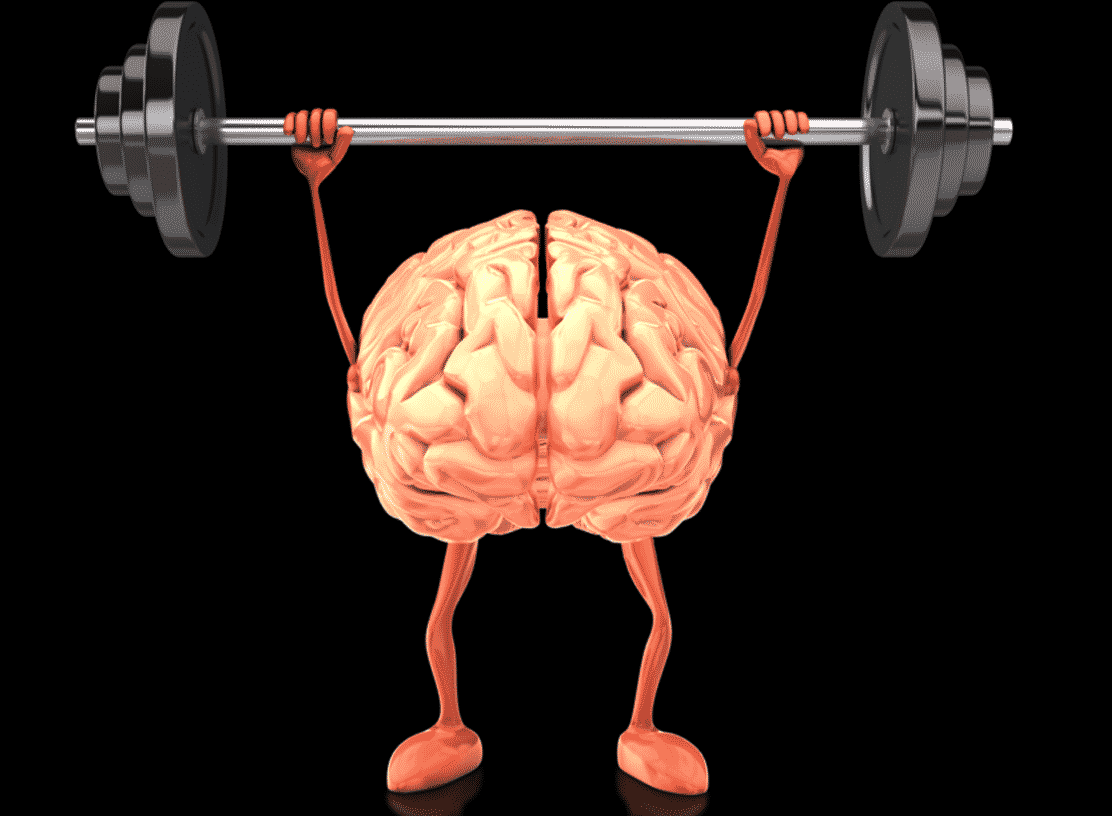
Hello everyone! At D1 we are passionate about health and fitness. We are thrilled to share with you the numerous benefits of creatine for both men and women.
Creatine is a naturally occurring compound found in meat and fish, as well as in our own bodies. It plays a key role in energy production, particularly during high-intensity exercise, and has been studied extensively for its potential benefits in sports performance.
For men, creatine has been shown to increase strength and power, improve muscle size and endurance, and enhance recovery from exercise. These benefits can help men to achieve their fitness goals more quickly and effectively, whether they are looking to build muscle, increase athletic performance, or simply improve their overall health.
However, many women are often reluctant to use creatine, either because they believe it is only for men or because they are concerned about potential side effects. But the truth is that creatine can be just as beneficial for women as it is for men, and there is no evidence to suggest that it is unsafe or harmful when used properly.
So, let's take a closer look at the benefits of creatine for women.
Increased muscle strength and endurance
Like men, women can benefit from increased muscle strength and endurance. Creatine has been shown to improve these factors, allowing women to push harder and longer during their workouts and see better results over time. This increased muscle strength and endurance can help women achieve their fitness goals and improve their overall health.
Improved bone health
Many women are concerned about their bone health, particularly as they age. Fortunately, creatine has been shown to have a positive effect on bone health, potentially reducing the risk of osteoporosis and other bone-related conditions. This benefit can help women maintain healthy bones and avoid complications later in life.
Enhanced cognitive function
Creatine has also been shown to improve cognitive function in both men and women, including memory, focus, and learning. This can be particularly beneficial for women who are balancing multiple responsibilities, such as work, family, and homeschooling. By enhancing cognitive function, creatine may help women stay focused and alert throughout the day, improving their productivity and overall well-being.
Reduced fatigue
Fatigue is a common complaint among women, particularly those who are balancing multiple responsibilities. Creatine has been shown to reduce fatigue and improve energy levels, allowing women to tackle their to-do lists with more energy and enthusiasm. This can be particularly helpful for women who are juggling homeschooling with other responsibilities, giving them the energy they need to power through their day.
Improved recovery
Recovery is a crucial part of any fitness routine, as it allows the body to repair and rebuild after exercise. Creatine has been shown to improve recovery time, reducing soreness and fatigue and allowing women to get back to their workouts more quickly and with less discomfort. This benefit can help women maintain a consistent workout routine and make progress toward their fitness goals.
Enhanced muscle recovery
In addition to improving overall recovery time, creatine can also enhance muscle recovery specifically. After a workout, the body needs time to repair and rebuild muscle tissue. The use of creatine can enhance muscle recovery time by reducing inflammation and soreness post-exercise. This means that athletes and fitness enthusiasts alike can hit the gym more frequently and with greater intensity, leading to more significant gains in strength and overall fitness.
Increased power output
Power output refers to the amount of force produced in a given amount of time. Creatine supplementation has been shown to increase power output, which translates to better performance in activities requiring explosive movements, such as sprinting, jumping, and weightlifting. The ability to generate more power in less time is a significant advantage for athletes, and creatine can help them achieve their performance goals.
Improved brain health
Creatine has been shown to improve brain health and cognitive function, including memory, focus, and learning, which can benefit both men and women of all ages, from students looking to improve their academic performance to older adults looking to maintain cognitive function as they age.
Lowered risk of disease
Research has suggested that creatine may help reduce the risk of certain diseases, including Parkinson's disease and Huntington's disease. These neurodegenerative diseases are characterized by a decline in brain function and movement control. The use of creatine may help to slow or delay the progression of these diseases, potentially leading to improved quality of life for those affected.
Safe and well-tolerated
Creatine is a safe and well-tolerated supplement for most people. The International Society of Sports Nutrition (ISSN) has concluded that creatine monohydrate is the most effective and safe form of creatine supplementation. When used properly and under the guidance of a healthcare professional, creatine is considered safe and free of harmful side effects.
In conclusion, creatine is a valuable supplement for both men and women looking to improve their athletic performance, fitness, and overall health. Its benefits include increased muscle strength and endurance, improved bone health, enhanced cognitive function, reduced fatigue, improved recovery, enhanced muscle recovery, increased power output, improved brain health, and a lowered risk of disease. With its safety and efficacy, creatine is a smart choice for those looking to take their fitness and health to the next level.
However, it is essential to remember that creatine is not a replacement for a healthy diet and regular exercise routine. It should be used in conjunction with these practices to achieve optimal results. It is also important to use creatine properly and under the guidance of a healthcare professional, particularly for those with pre-existing medical conditions or taking other medications.
So, if you are a man or woman looking to improve your athletic performance, increase muscle strength and endurance, or simply enhance your overall health and wellness, creatine is definitely worth considering. With its proven benefits and safety profile, it's no wonder that creatine is one of the most popular supplements on the market today.
"Creatine and Creatine Kinase in Health and Disease - A Bright Future Ahead," by Andrea Salomone et al., International Journal of Molecular Sciences, 2019: https://www.ncbi.nlm.nih.gov/pmc/articles/PMC6566787/
"Effects of Creatine Supplementation on Strength, Power, and Body Composition in Female Athletes," by Jennifer L. Rawson et al., Journal of Strength and Conditioning Research, 2003: https://journals.lww.com/nsca-jscr/Abstract/2003/08000/Effects_of_Creatine_Supplementation_on_Strength,.1.aspx
"The Role of Creatine in the Health and Disease of Women," by Marissa N. Baranauskas et al., Nutrients, 2020: https://www.ncbi.nlm.nih.gov/pmc/articles/PMC7503706/
"Creatine Supplementation and Bone Health: A Review of the Current Evidence," by Amelia Guillaume and Katherine Brooke-Wavell, Journal of Functional Morphology and Kinesiology, 2021: https://www.ncbi.nlm.nih.gov/pmc/articles/PMC7833851/
"Effects of Creatine Supplementation on Cognitive Function of Healthy Individuals: A Systematic Review of Randomized Controlled Trials," by Karina da Silva Sousa et al., Experimental Gerontology, 2019: https://www.sciencedirect.com/science/article/pii/S0531556519303065
"Creatine Supplementation Reduces Muscle Damage and Inflammation During Consecutive Days of Downhill Running," by David H. Fukuda et al., Journal of Strength and Conditioning Research, 2010: https://journals.lww.com/nsca-jscr/Fulltext/2010/01000/Creatine_Supplementation_Reduces_Muscle_Damage_and.14.aspx
"Effects of Creatine Supplementation on Power Output in Athletes," by Paul S. Hwang et al., Journal of Strength and Conditioning Research, 2017: https://journals.lww.com/nsca-jscr/Fulltext/2017/03000/Effects_of_Creatine_Supplementation_on_Power.30.aspx
"Creatine Supplementation in Neurological Diseases: An Overview of Systematic Reviews and Meta-Analyses," by Mirko Manetti et al., Nutrients, 2020: https://www.ncbi.nlm.nih.gov/pmc/articles/PMC7794418/
"International Society of Sports Nutrition Position Stand: Safety and Efficacy of Creatine Supplementation in Exercise, Sport, and Medicine," by Richard B. Kreider et al., Journal of the International Society of Sports Nutrition, 2017: https://jissn.biomedcentral.com/articles/10.1186/s12970-017-0173-z
